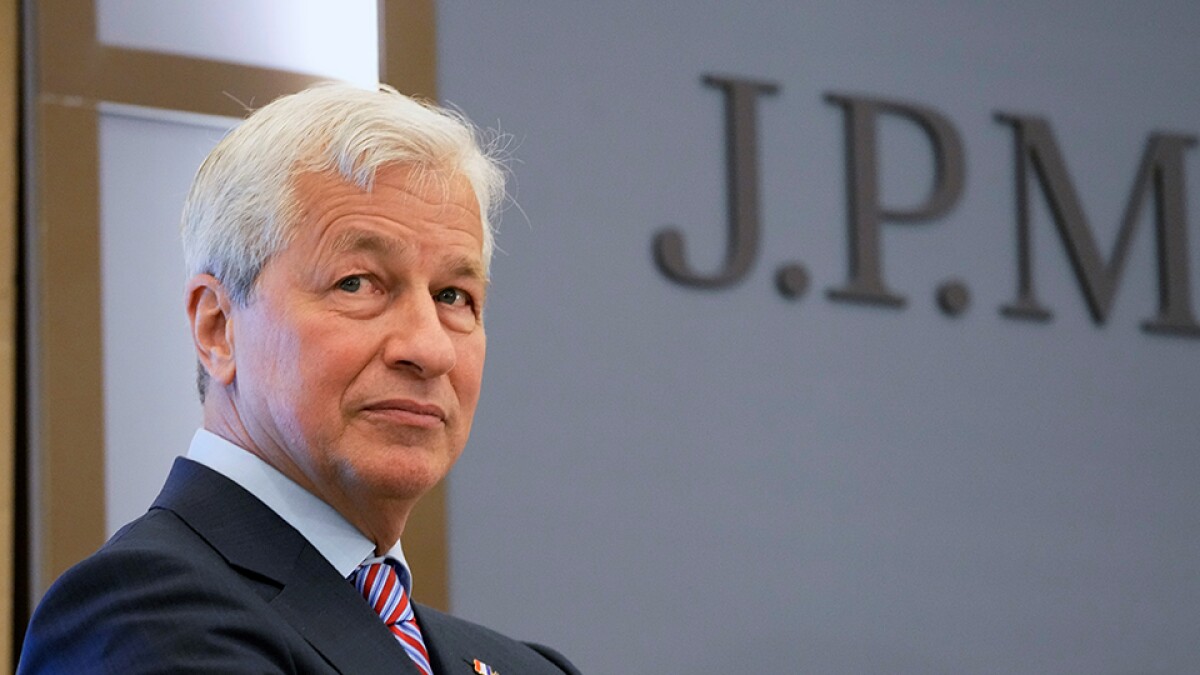Top Bitcoin FUD Claims Skeptics continue to voice their disapproval as Bitcoin continues to set new milestones in bull markets. FUD, or fear, uncertainty, and doubt, spreads easily, particularly when prices are rising swiftly. Government representatives, conventional financial professionals, and even some individual investors are among the skeptics who often raise persistent doubts over the feasibility of Bitcoin. In this piece, we look at six of the most frequent defenses offered by Bitcoin doubters in bull markets and investigate the validity of these assertions.
Bitcoin Has No Intrinsic Value
The claim that Bitcoin has no inherent value is often criticized. Bitcoin skeptics contrast it with more conventional assets that have real-world applications or provide revenue, such as gold or real estate. They contend that investor sentiment and excitement are the only factors influencing Bitcoin’s value, which is entirely speculative. Rebuttal Bitcoin’s network security, decentralization, and scarcity give it value even if it lacks a physical form. Bitcoin is as scarce as gold since its supply is limited to 21 million coins. Furthermore, Bitcoin is useful as a decentralized, international money that can be safely exchanged without the need for middlemen. Many supporters believe that Bitcoin has special value in the digital age because of the combination of these characteristics.
Bitcoin Is Bad for the Environment
During bull markets, environmental worries about mining Bitcoin are common. Critics claim that Bitcoin’s proof-of-work (PoW) consensus process contributes to carbon emissions and climate change because of its enormous energy consumption. Rebuttal It is accurate to say that mining Bitcoin uses much energy. Nonetheless, research indicates that an increasing percentage of Bitcoin’s energy use originates from renewable sources. Bitcoin miners are also encouraged to look for affordable, sustainable energy to be profitable. The environmental effect of Bitcoin is also being lessened by advancements in energy efficiency and the use of stranded energy sources. It is important to place the story of Bitcoin’s energy use in the larger perspective of world energy consumption and the deployment of renewable energy sources.
Governments Will Ban Bitcoin
Governments cracking down on cryptocurrencies and making them worthless is a common concern during Bitcoin bull runs. According to skeptics, governments will ultimately outlaw the use or ownership of Bitcoin because they see it as a challenge to their authority over monetary policy. Rebuttal The general tendency is toward regulation rather than prohibition, even if some nations have imposed stringent laws or outright banned Bitcoin. Major economies such as the US and the EU have started developing legislative frameworks to include cryptocurrencies in their financial systems. Furthermore, since Bitcoin is decentralized, it is difficult to implement a complete prohibition. Historically, explicit prohibitions have been shown to encourage adoption underground rather than accomplish their intended purposes.
Bitcoin Is a Bubble That Will Burst
Skeptics sometimes compare Bitcoin to other financial bubbles, including the dot-com boom or the 17th-century tulip craze. They contend that the rapid price spikes that Bitcoin experiences during bull markets are unsustainable and will eventually result in a disastrous collapse. Rebuttal Since its conception, Bitcoin has experienced many cycles of boom and collapse. Even while its price has fluctuated, every bull market has led to unprecedented levels of institutional acceptance, adoption, and infrastructure development. In contrast to other bubbles, Bitcoin has shown resilience by bouncing back from collapses and expanding. Given its underlying technology and expanding ecosystem of applications, Bitcoin seems to be more than a passing fad.
Bitcoin Is Used for Illegal Activities
Skeptics also often claim that Bitcoin is mostly used for illegal purposes, including drug trafficking, money laundering, and ransomware assaults. Critics assert that criminals like Bitcoin because of its pseudonymous nature. Rebuttal Although Bitcoin has been used for illicit purposes, this usage has drastically declined over time. Blockchain analytics companies have reduced the appeal of Bitcoin to criminals by making it simpler for law enforcement to track transactions. Furthermore, because of their secrecy in cash transactions, conventional currencies like the US dollar remain the chosen medium for illegal activity. Nowadays, most Bitcoin transactions are for legal use and include payments, remittances, and investments.
Bitcoin Is Too Volatile
Bitcoin’s volatility makes it unsuitable as a store of wealth, say critics. Bitcoin’s value may fluctuate quickly, unlike gold or government bonds, making it a risky long-term investment. Rebuttal Bitcoin’s volatility is natural because to its young market and limited liquidity, unlike other assets. As adoption rises, volatility should reduce. Bitcoin advocates say the cryptocurrency’s long-term trend shows sustained value rise despite short-term volatility. Institutional adoption and the advent of financial products like futures and ETFs have raised Bitcoin’s price.
Also Read: Bitcoin’s Bearish Flag Pattern Signals Possible Decline
Conclusion
FUD about Bitcoin is common, especially in bull periods when proponents and critics watch the value. Despite reasonable concerns, many Bitcoin opponents dismiss the cryptocurrency’s growing popularity and technological advances. Knowing fundamental FUD concerns and rebuttals may help investors evaluate their Bitcoin holdings. As it grows, Bitcoin’s adaptability and durability will likely ease these concerns, solidifying its position in the financial world.





